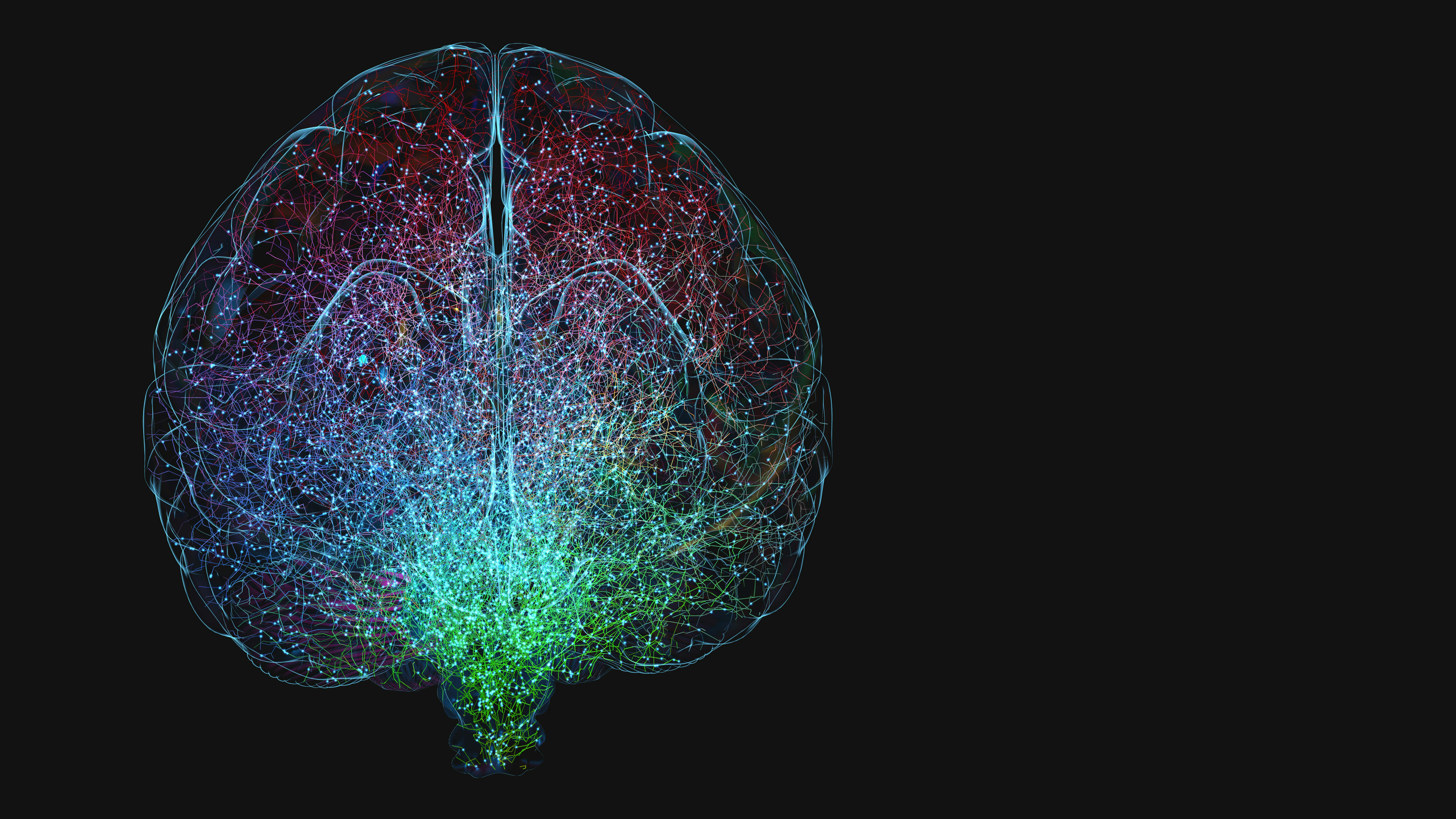
On Tuesday, an expert panel advising the Food and Drug Administration (FDA) on the use of MDMA, or ecstasy, in combination with talk therapy to treat post-traumatic stress disorder rejected the treatment. The group voted 9 to 2 on its effectiveness and 10 to 1 on whether its benefits outweigh its risks. While the FDA will still vote separately on MDMA, it generally follows the recommendation of its advisors, so its unlikely the novel treatment will gain approval.
The drug is already approved for limited use in Australia to treat PTSD and depression.
Ahead of the vote, panelists described their concerns for the drug’s inability to undergo a double-blind study — the gold standard in clinical testing — as participants would undoubtedly know (even if they weren’t told) whether or not they received the psychedelic drug. The advisors also expressed concerns about MDMA’s possible cardiovascular effects as well as its potential for abuse. They also noted a number of flaws in the data, which they say helped convince them to hold off on approval.
“We noticed a striking lack of abuse-related adverse events,” said David Millis, clinical reviewer for the FDA, told NPR. Committee member and Georgetown University professor of emergency medicine Maryann Amirshahi also told NPR, “We're actually managing more and more severe cases of MDMA overdose, and so I'm less concerned about the safety in the acute setting, but more chronically if they go on to abuse MDMA.”
Another concern is that many participants tried other treatments, including other psychedelic drugs, between the trial and follow-up. This not only indicates a bias for psychedelic drugs, but also taints the evidence that MDMA alone was mediating the effects of their PTSD.
Still, there’s major interest in this drug as PTSD treatment. There are only two FDA-approved treatments for PTSD. If MDMA were approved, it would be the first addition in decades to the market. According to advocates, more clinical refinement could be exactly what it needs.
What now?
Psychiatrist Rachel Yehuda at the Icahn School of Medicine at Mount Sinai in New York City, who was not on the committee told Nature, “I want us to have learned from the committee’s wisdom.” She told Nature she hopes that instead of just not approving the drug, the FDA will try to address the panel’s concerns. The FDA will likely make their decision in August.







